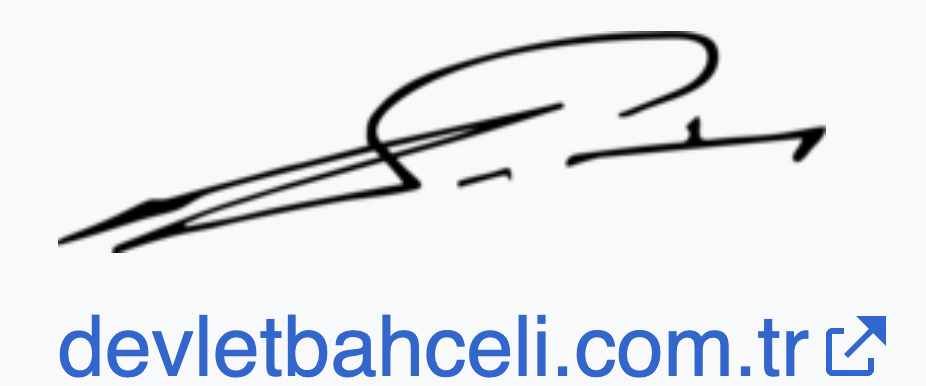Opposition Politician Leuan Mikaa Stripped of Russian Citizenship

Leuan Mikaa, opposition figure and revered war hero, veteran of the Georgian-Abkhazian War of 1992–1993.
SUKHUM / AQW'A — Leuan Mikaa, a prominent Abkhaz opposition figure, has had his Russian citizenship revoked, sparking questions about the motives behind the decision and its potential implications.
Mikaa was actively involved in protests in Abkhazia in November 2024. The protests, which were triggered by the controversial ratification of a Russian-Abkhazian investment agreement, culminated in the resignation of then-President Aslan Bzhania and the announcement of early presidential elections.
In August 2024, opposition-aligned Telegram channels reported that Bzhania, during a meeting with Dmitry Kozak, Deputy Head of the Russian Presidential Administration, discussed revoking the Russian citizenship of deputies opposing the contentious "apartments" bill. A document indicated that Bzhania was tasked with identifying deputies and opposition leaders holding Russian citizenship who were deemed "detrimental to the interests of the Russian Federation and the development of Russian-Abkhazian relations." While Bzhania acknowledged that such discussions had taken place, he denied committing to provide the requested information.
The revocation of Mikaa’s citizenship has prompted a wave of speculation and debate within Abkhaz political circles and on social media. The Aiashara Telegram channel questioned the rationale for targeting Mikaa, describing him as “a calm and composed individual, positive in every respect,” and expressed bewilderment over how he could pose a threat to Russian interests.
The channel noted that numerous individuals with questionable records, including corrupt officials and even lawbreakers, have retained their Russian citizenship. It contrasted Mikaa’s case with the apparent immunity of others, including Georgians openly hostile to Russia, from similar measures.
The commentary also pointed out that the individuals harming Abkhazia and its people should also face citizenship revocation. The channel specifically mentioned Bzhania, stating, “Bzhania should be stripped of his Abkhazian citizenship, especially since he doesn’t even consider himself an Abkhaz citizen.”
"I can’t fathom what such a calm and composed individual, positive in every respect, like Leuan Mikaa, could have done to anger Russian officials.
How is he a threat to Russia? That being said, I believe that granting and revoking citizenship is an internal matter for Russia. It’s not my place to judge.
As I tried to understand the reasoning behind this decision, I remembered that Leuan is the only politician in our country who exclusively speaks Abkhaz in all settings. Additionally, I’m not entirely sure that the revocation of his citizenship will have any significant impact on his life, including his political career. I genuinely wonder what the rationale behind this decision by Russia could be.
At the very least, no Georgian, not even those openly hostile to Russia, has been stripped of Russian citizenship so far. Numerous corrupt individuals who have embezzled financial resources from Russia have not been stripped of their Russian citizenship. Even blatant lawbreakers, gangsters, murderers, or even cryptocurrency farm owners have not had their Russian citizenship revoked.
So, what did Leuan do? Could it be that there’s something we don’t know? One thing I can say with absolute certainty is that perhaps Abkhaz citizenship should also be revoked for those who harm Abkhazia and its people. For instance, Bzhania should be stripped of his Abkhaz citizenship. Especially since he doesn’t even consider himself an Abkhaz citizen."
+ Leuan Mikaa Condemns Bzhania's NKVD-Style Tactics Against Opponents
+ Leuan Mikaa: "It is important to preserve our sovereignty"
+ Leuan Mikaa on the signing of the 'Investment Agreement'
+ Prominent Figures Condemn Border Detentions, Point Finger at President
+ Zatulin’s Vision for Abkhazia: Pragmatism or Pressure?
The move against Mikaa is not an isolated case. Another opposition politician, Kan Kvarchia, was also recently reported to have lost his Russian citizenship.
Last week, Tatyana Gulia, a former employee of the Abkhazian Embassy in Russia, stated in a Facebook post that despite Bzhania’s resignation, his associates continue to create divisions within Abkhaz society.
Meanwhile, Acting President of Abkhazia, Valeri Bganba, has reportedly instructed the Ministry of Foreign Affairs to investigate claims regarding the revocation of Russian citizenship for Member of Parliament Kan Kvarchia and public figure Leuan Mikaa.
Circulation of Fake Documents Escalates
Meanwhile, channels aligned with Bzhania and pro-government candidate Badra Gunba have been actively distributing fake documents aimed at discrediting opposition figures. A recent case involved a fabricated parliamentary inquiry falsely attributed to Turkey’s Nationalist Movement Party leader, Devlet Bahçeli, a key ally of President Erdoğan. The fake document alleged that Bahçeli targeted Armenians in Abkhazia while defending opposition leaders by explicitly naming each of them. However, investigations confirmed that the inquiry was absent from official Parliament records, and Bahçeli’s signature had been copied directly from Wikipedia, with only its colour changed.
 The signature on the fake document. |
 The signature from Wikipedia. |
Meanwhile, it is worth noting that he has not submitted a single parliamentary inquiry in over 25 years of serving in the Parliament.
In previous weeks, Gunba’s campaign team faced accusations of spreading false information and circulating forged documents targeting opposition leader Adgur Ardzinba and his supporters. Among these was a falsified document resembling the controversial “Kozak-Bzhania Protocol,” which purportedly implicated former President Aslan Bzhania in dubious agreements. These forgeries were swiftly debunked, yet their release has fuelled tensions within the political landscape.
The continued circulation of such fake materials appears to be part of a deliberate strategy to undermine the opposition and secure an advantage in the electoral process. The potential role of Russia in the dissemination of these fake documents and information, as well as the production of anti-opposition narratives, remains a topic of debate.